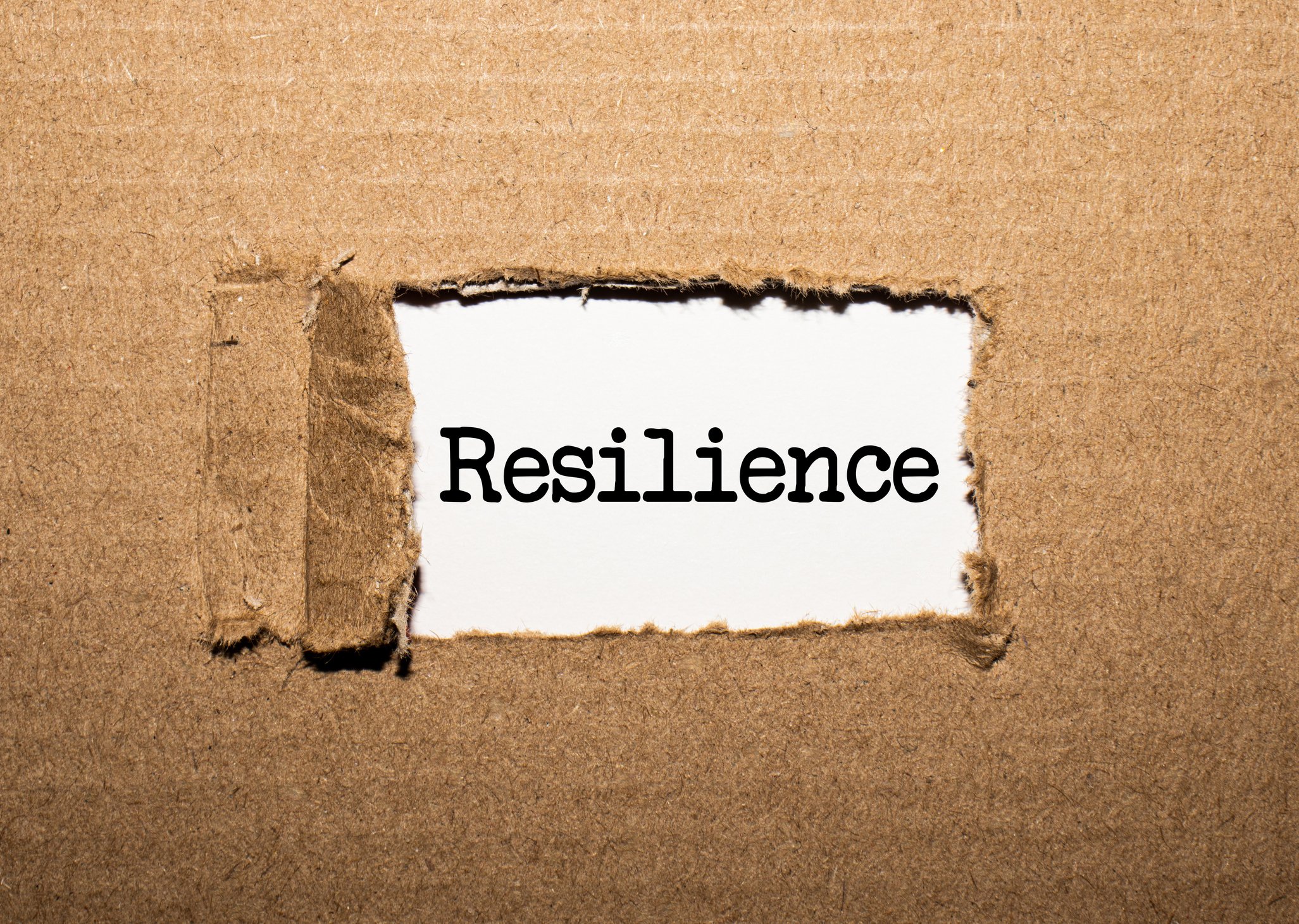
EMDR THERAPY
Eye Movement Desensitization &
Reprocessing (EMDR) Therapy
Effective
Noninvasive
12 FREE Sessions
What is EMDR?
Eye Movement Desensitization and Reprocessing Therapy is an effective form of psychotherapy founded by Francine Shapiro in 1987 as a treatment for traumatic memories.
EMDR is different than “talk therapy” that often requires a client to retell the story and details of what happened to them. Whereas, EMDR is non-invasive and your therapist does not need the details of the traumatic event(s).
Clients generally experience rapid reductions of distress levels early in the session/treatment.
EMDR Therapy helps to integrate three types of information – thinking, feeling and sensing (in the body).
How does Bilateral stimulation process happen? Therapists have clients move from the right and left side of the brain through following a light bar, or butterfly tapping. This helps the nervous system to remain calm even though the memory is painful.This dual focus helps the client to remember but not relive the trauma.
The result of treatment with EMDR is a decrease in emotional distress, a reformulation of negative beliefs into positive, life-affirming beliefs, and a re-setting of the nervous system. In short, EMDR reduces or resolves traumatic memories and enhances resilience.
EMDR is not hypnosis nor does it require homework.
Adverse Life Events,
PTS(D) & Trauma
Common Symptoms
Difficulty being in public places/crowds
Involvement in high-risk behaviors
Avoiding community activities
Marital/Family Issues
High desire to control or protect
Survivor’s guilt
Chronic pain, headaches, medically unexplained symptoms
Thoughts of ‘I don’t deserve to get help’
Depression, sadness, isolation
Avoiding situations that remind them of traumatic event(s)
Difficulty functioning in daily life
Exaggerated startle response, feeling on edge
Flashbacks/nightmares that relive the traumatic event(s)
Anger/Difficulty controlling aggressive impulses
Sense of numbness of feelings in life
Shame, guilt, intense worry/anxiety
Addictive behaviors
symptom list from: www.emdria.com
For Veteran Mental Health Crisis
If you, or someone you know is in crisis or emotional distress dial 988 and Press 1 for Veterans or call the Veterans Crisis Line at 1-800-273-8255 and Press 1. The Veterans Crisis Line is also available by chat and text (838255).
→ CONFIDENTIALITY ←
VRP takes your privacy and the security of your information seriously. We know it is not easy to reach out and tell your story and get support. Our goal is to pace with you in the process, honor your privacy. We use a HIPPA compliant program to protect and store your information as do the therapists in the VRP Network.
→DIGNITY AND RESPECT←
In the VRP network, you’re never “one of them”. You are “one of us.” We strive every day to do our part in changing the narrative the media uses to talk about military veterans. We are not victims. We are not heroes. We are neighbors, friends, and family who serve our community.
→VETERANS WHO HAVE BEEN WHERE YOU ARE←
One of the hardest parts of leaving the military is leaving our squad or our crew. We believe in rebuilding a new squad that helps sustain us and then help to find another brother or sister who can benefit from EMDR.
→COURAGE←
Make a commitment to move forward with courage and conviction. It won’t be easy, but more than 2,000,000 people worldwide have overcome their trauma using EMDR. You can too. EMDR not only allows your to resolve your wounds but allows you to move forward in live life more fully.





